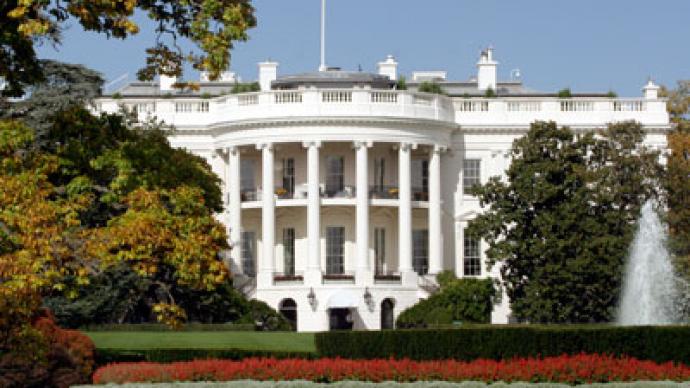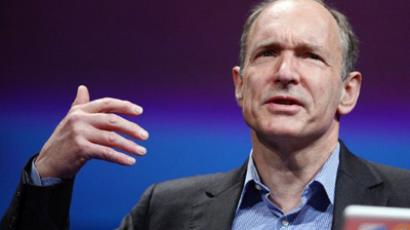White House prepares CISPA-like cybersecurity Executive Order

With Congress still unable to iron out a cyber-security bill that both sides of the Legislative Branch can get behind, the White House has drafted an Executive Order that they will roll out if efforts on Capitol Hill remain unproductive.
Despite repeated pleas from lawmakers and other federal officials to have a cybersecurity legislation adopted by the United States government, members of the House and Senate have been unwilling to compromise on a bill. With every attempt at passing cybersecurity legislation ending with roadblocks, the White House has now announced that it is considering taking measures into their own hands.White House spokeswoman Caitlin Hayden tells the Washington Post that “an Executive Order is among the things we’re considering to fulfill the president’s direction to us to do absolutely everything we can to better protect our nation against today’s cyberthreats,” though has not confirmed how far along the White House is with efforts to enact such an order. It has been rumored since the congressional stalemate was first reported earlier this year that the White House may bypass Capitol Hill and create legislation on their own, especially after the Obama administration’s cybersecurity coordinator, Howard A. Schmidt, resigned from his post in May. Schmidt had been perhaps the administration’s most adamant opponent of the House of Representatives-approved Cyber Intelligence Sharing and Protection Act, or CISPA, and was said by many to be the key White House staffer siding against the bill. Now with Schmidt out of the White House and lawmakers on both sides of the aisle still asking for a CISPA-like bill to be approved into law, US President Barack Obama may sign an order that’ll ensure that America’s computer infrastructure is safe guarded under a new directive immediately.Federal News Radio reporter Jason Miller says his outlet has seen a draft of the order and compares it heavily with the comprehensive cyber legislation introduced by Sens. Joseph Lieberman (I-Conn.) and Susan Collins (R- Maine) this past July that has been unable to clear the Senate. If the copy Federal News claims to have seen is adopted, Miller writes that it will required the US Department of Homeland Security to establish a cybersecurity council within 90 days that will “develop a report to determine which agencies should regulate which parts of the critical infrastructure.”The Post adds that the council will consist of representatives from the Commerce, Defense, Treasury, Energy and Justice departments, as well as another from the Director of National Intelligence’s Office.Miller also adds that the order, in its latest incarnation, would include information-sharing provisions similar to what was included in CISPA, but would not, however, necessarily reward private sector corporations with incentives for openly sharing intelligence with the government. “Sources say it doesn't advocate for rewards or more tangible incentives such as liability protection like the Lieberman-Collins bill does,” Miller adds.Sen. Ron Wyden (D-Oregon), one of the most outspoken opponents of CISPA, said that the House’s original attempt at cybersecurity legislation paved the way for some serious problems because of those protections. Back in May, Sen. Wyden said, “Our job is to write a cyber-security bill that protects Americans’ security and their fundamental right to privacy,” but argued that all attempts had been misguided.“I believe these bills will encourage the development of a cyber-security industry that profits from fear and whose currency is Americans private data” he said. “These bills create a Cyber Industrial Complex that has an interest in preserving the problem to which it is the solution.”














